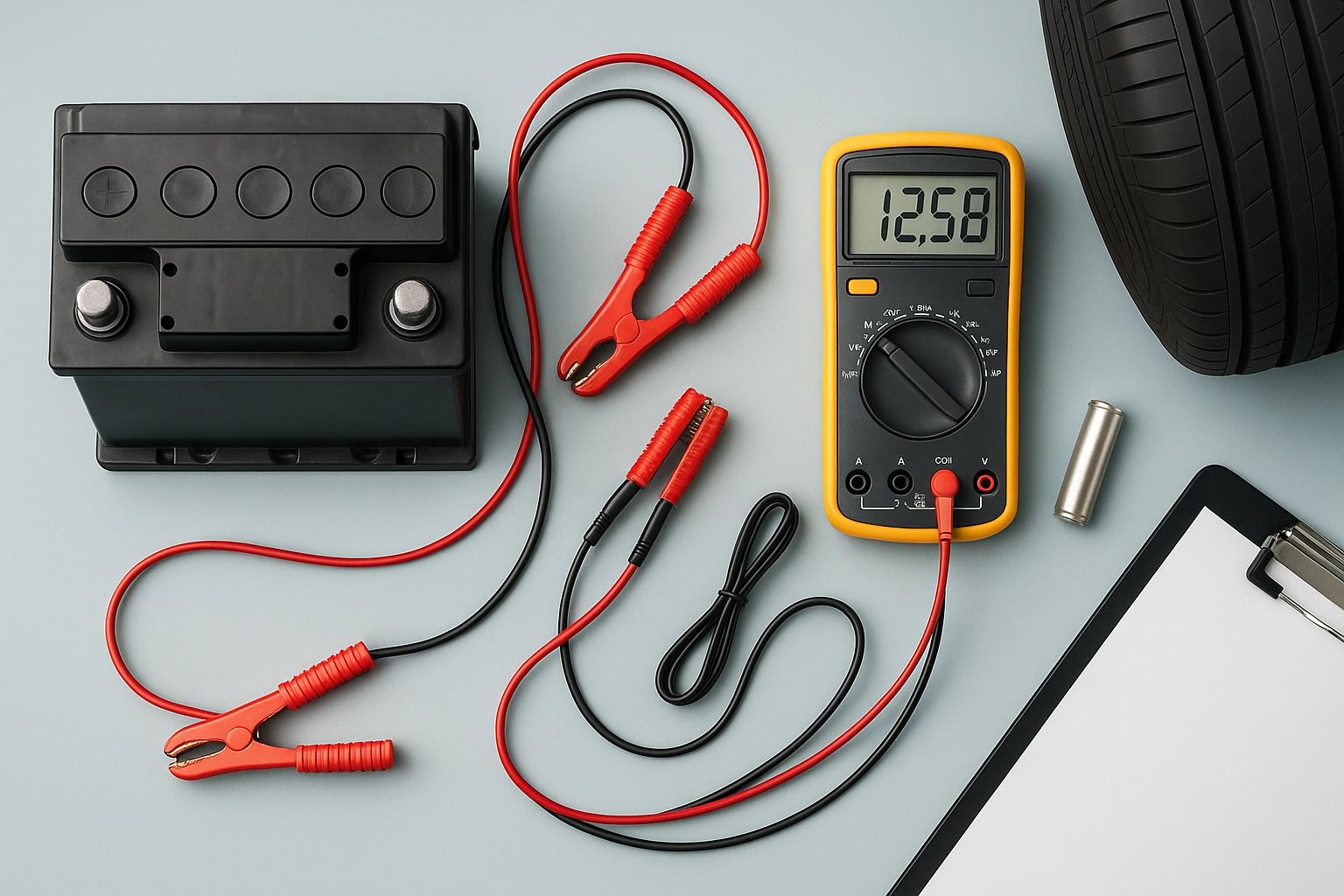IEC 62984 High Voltage Battery Safety Test
The IEC (International Electrotechnical Commission) 62984 standard is a pivotal framework for ensuring the safety of high voltage batteries used in automotive applications. This standard addresses critical aspects such as thermal management, mechanical integrity, and electrical protection to safeguard against potential hazards during operation or under abuse conditions.
The test protocol outlined in IEC 62984 is designed to simulate real-world scenarios that could lead to battery failure, thereby identifying potential weaknesses before they become operational issues. The standard covers a range of tests including over-temperature cycling, mechanical impact testing, and electrical short circuit simulation.
The importance of this test cannot be overstated in the automotive industry where safety is paramount. By adhering to IEC 62984, manufacturers can demonstrate compliance with global regulations and ensure that their products meet stringent quality standards. This not only protects end-users but also enhances brand reputation by fostering trust in the reliability of automotive components.
The process involves subjecting high voltage batteries to controlled environments that mimic extreme conditions they might encounter during use. For instance, over-temperature cycling tests evaluate how well a battery can withstand elevated temperatures without compromising its integrity or performance. Mechanical impact testing assesses the resilience of the battery structure against external forces like drops or collisions.
Electrical short circuit simulation helps in understanding the behavior of batteries when exposed to abnormal current flows, which is crucial for preventing electrical accidents. Each test parameter requires meticulous preparation and execution to ensure accurate results. Specimen preparation often involves charging and discharging cycles prior to testing to bring the battery to a stable state.
The instrumentation used during these tests includes advanced thermal sensors, mechanical impact testers, and high current measurement devices capable of monitoring electrical parameters accurately. Reporting is comprehensive and typically includes detailed descriptions of each test conducted along with observations and conclusions drawn therefrom.
Compliance with IEC 62984 ensures that batteries meet rigorous safety requirements set forth by international standards. This alignment facilitates easier market entry into regions like Europe, where adherence to such standards is mandatory for regulatory compliance. Moreover, it helps manufacturers stay ahead of evolving safety expectations and contribute positively towards safer automotive ecosystems.
In conclusion, the IEC 62984 High Voltage Battery Safety Test plays a crucial role in safeguarding both people and assets within the automotive industry. By rigorously testing batteries according to this standard, organizations can mitigate risks associated with potential failures and enhance overall product quality.
Industry Applications
- Automotive manufacturers who produce electric vehicles (EVs) or hybrid electric vehicles (HEVs)
- Battery suppliers looking to ensure their products meet global safety standards
- Research and development teams focusing on improving battery performance and durability
- Government bodies responsible for setting and enforcing automotive safety regulations
Customer Impact and Satisfaction
The implementation of the IEC 62984 High Voltage Battery Safety Test significantly enhances customer satisfaction by addressing key concerns about battery performance and safety. By ensuring that batteries undergo thorough testing, manufacturers can provide reliable products that meet stringent quality benchmarks.
Customers benefit from enhanced peace of mind knowing their vehicles are equipped with batteries that have been rigorously tested according to international standards. This trust fosters long-term relationships between customers and manufacturers, as it reassures them about the reliability and longevity of purchased products.
The test also contributes positively to public perception by demonstrating a commitment to safety and quality. When automotive companies adhere strictly to IEC 62984 guidelines, they not only meet regulatory requirements but also set industry standards for best practices in battery manufacturing.
In summary, the impact of this service extends beyond individual customers; it shapes broader consumer confidence within the automotive sector. By prioritizing safety through rigorous testing procedures, companies can build lasting trust and loyalty among their customer base.
Competitive Advantage and Market Impact
The adoption of IEC 62984 High Voltage Battery Safety Test provides significant competitive advantages for automotive manufacturers. Compliance with this standard not only ensures regulatory compliance but also sets a benchmark for industry excellence in battery safety.
By conducting thorough tests that simulate real-world conditions, companies can identify and address potential issues early on in the development process. This proactive approach allows them to introduce safer products to market faster than competitors who may rely solely on less stringent testing protocols.
The standard also enhances brand reputation by showcasing a commitment to safety and quality. In an era where consumer trust plays a crucial role in determining market success, adhering to such high standards can differentiate companies from their rivals and attract more customers.
Moreover, compliance with IEC 62984 helps manufacturers navigate complex regulatory landscapes across different regions. This global recognition of the standard facilitates smoother operations and broader access to international markets without facing additional barriers due to varying local regulations.
In conclusion, adopting the IEC 62984 High Voltage Battery Safety Test equips companies with a competitive edge that translates into increased market share and customer loyalty. It positions them as leaders in battery safety while fostering trust among consumers worldwide.





